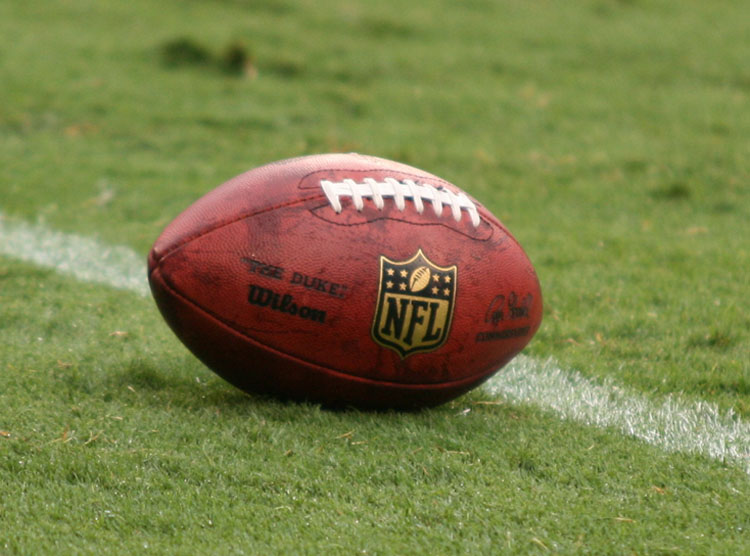Commissioner Roger Goodell and the NFL oppose legalized sports betting, but that may change in the near future for the business that generated a whopping $7.2 billion in national revenue in 2014.
The argument is centered on what is allowed under a 23-year-old federal statute that prohibits state sponsored sports betting for the most part in 49 states.
The legal distinction between skill and chance has ensued over the past decade, and could potentially shape the expanded legalization of wagering on American sports.
Skill-based contests are more likely to be permitted under federal and state law.
During legal proceedings in 2003 and 2013, both the Justice Department and NFL outside counsel made statements in support of traditional sports gambling as being skill-based, according to documents discovered by ESPN through searches of public records.
Billy Walters, a prominent Las Vegas sports bettor and businessman, was used as an example by U.S. Attorney General Loretta Lynch in United States v. DiCristina to aid in the argument that although sports betting has always been viewed as a game of chance, it is skill-based.
That case was later overruled by the U.S. Second Circuit Court of Appeals out of New York, allowing the Department of Justice to continue prosecuting operations of the game under IGBA, but only in cases where it can prove that state gambling laws were violated.
The latest round of the long-winded legal saga returned to a federal appeals court in March of this year when the Department of Justice, NFL, NBA, NCAA, NHL and MLB was pitted against Gov. Chris Christie over the Garden State‘s desire to make it the fifth state to legalize gambling on the Super Bowl and other sporting events.
New Jersey failed to take advantage of a loophole in the Professional and Amateur Sports Protection Act of 1992 (also known as the “Bradley Act”), which stipulated that states with legalized casino gambling could have until 1993 to license sports wagering.
Although the Bradley Act banned betting on sports everywhere, with the exception of Nevada, Delaware, Oregon and Montana, it is currently legal to bet on fantasy sports thanks to the Unlawful Internet Gambling and Enforcement Act of 2006 (UIGEA), which establishes legal guidelines for online gambling.
According to the Act, fantasy sports are considered a game of skill, not chance, if they can be won by successfully utilizing superior knowledge of the players involved.
The NFL is studying daily fantasy games, but is approaching it cautiously.
Proponents for legalized sports betting argue that the activity already goes on illegally, and legitimizing it would eliminate corruption and bring extra revenue to states whose budgets are cash-strapped.
On the flip side, opponents contend that legalizing sports betting would not only encourage gambling, but jeopardize the integrity of sports.
As the case plays out and the debate rages on it’s interesting to note that both the NBA and Major League Baseball, have changed their public stance on legalizing sports betting, and NBA commissioner Adam Silver has called on Congress to create a federal framework that will allow states to regulate sports betting.
Time will tell if the NFL and Commissioner Goodell follow suit.



